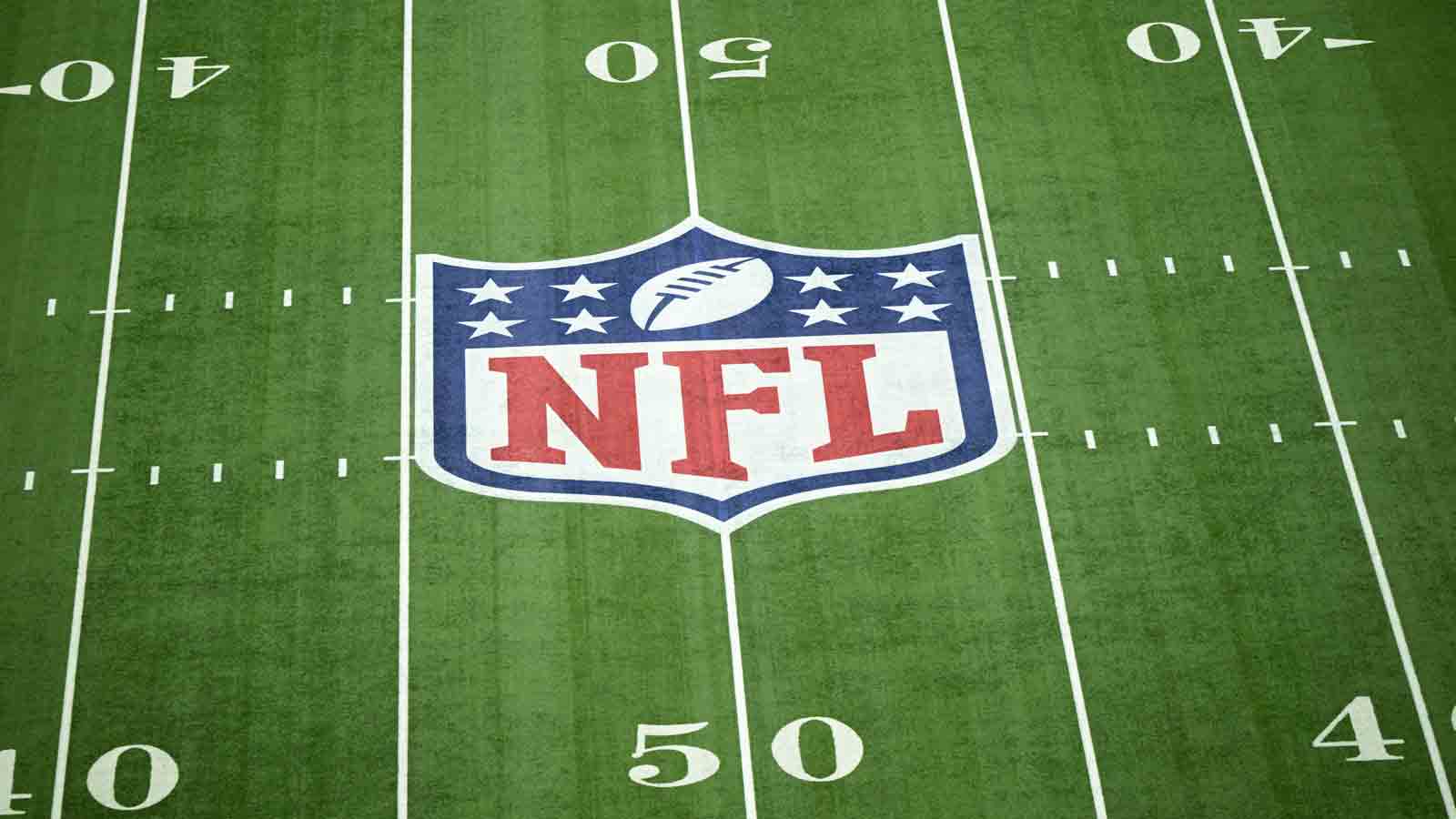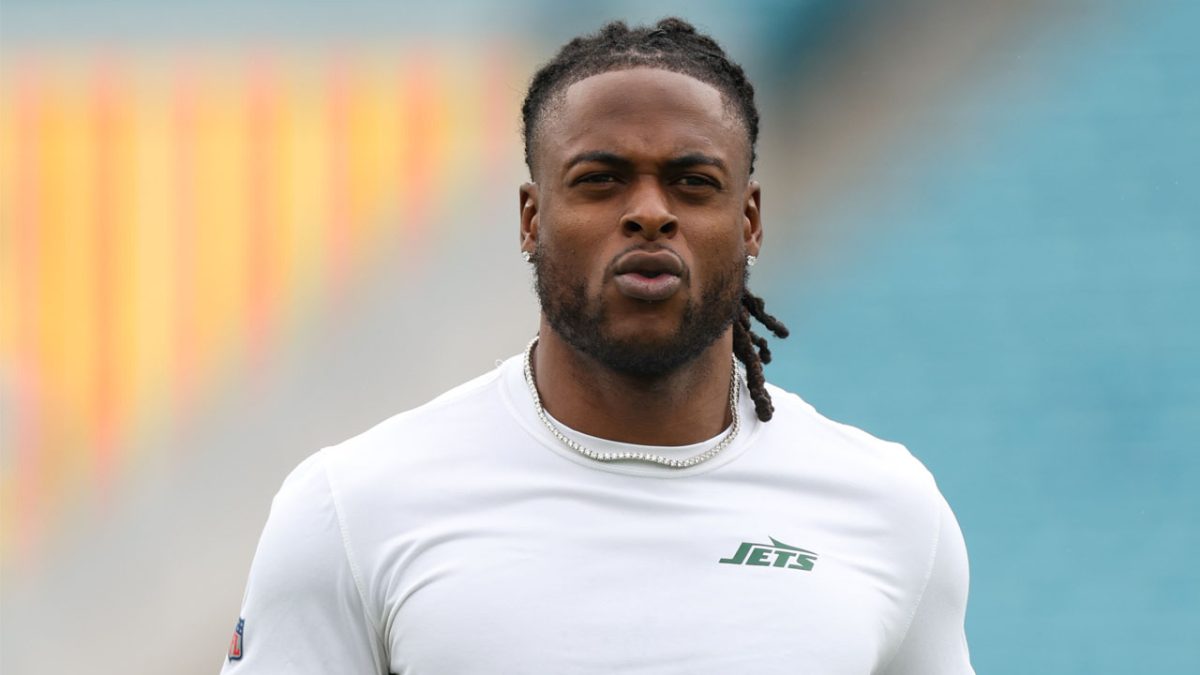
The Raiders continue to clear the deck by trading or cutting top talents to set up a roster rebuild. They acquired significant capital by trading Khalil Mack and Amari Cooper, and now own five first-round picks in the next two NFL Drafts.
That’s the crux of Jon Gruden’s extreme makeover, but there’s another benefit to all the wheeling and dealing.
The Raiders will have tons of salary-cap space starting next offseason. General manager Reggie McKenzie budgeted extremely well, and had room to pay Mack top dollar and extend Cooper when the time came.
Stay in the game with the latest updates on your beloved Bay Area and California sports teams! Sign up here for our All Access Daily newsletter.
That won’t happen now with Mack in Chicago and Cooper in Dallas. Gruden has done a lot more than that to throw things overboard.
He waived phased-out edge rusher Bruce Irvin on Saturday afternoon. While they’ll be on the hook for his entire $8 million base salary if he clears waivers as expected, his non-guaranteed $9.25 million base salary for next year has been wiped off the books.
While Irvin wasn’t expected to be part of next year’s squad and his 2019 money cleared, his Saturday departure makes it officially official.
Looking at numbers for 2019, it's clear the Raiders will have tons of financial flexibility.
NFL
The Silver and Black will have $83.286 million in salary-cap space in 2019, according to figures from NFL financing site OverTheCap.com, without a single major player in need of an expensive contract extension. Cooper’s gone and other top 2015 draft picks who would’ve had expiring contracts were cut before the regular season.
The number will flucctuate some with futures contracts. Also, as OTC points out, the club will earmark roughly $11 million to its 2019 draft class, a high number since they have three first-round picks.
That number can and will get bigger this season. The Raiders have just eight players with significant dead money attached if they were to be released.
There’s a reason for that. McKenzie has frontloaded his deals for years, providing large sums up front for contracts that become pay-as-you-go deals on the back end.
That strategy continued with multi-year deals signed in the 2018 offseason.
Gruden can create more space if he chooses, and could cut, for example, Jordy Nelson and Tahir Whitehead without consequence. Tackle Donald Penn would cost $1.75 million in dead money, but would still save $5.475 million against the cap.
Even Derek Carr can be jettisoned for a $7.5 million salary cap hit, if Gruden chooses to go in a different direction at quarterback.
Gruden will certainly hope to use his tools to fill the roster with players he wants, who can run his schemes and respond to his coaching methods.
It’s uncertain whether he’ll use his financial flexibility the right way – he did not want to get handcuffed against the salary cap at the start of his Raiders return, part of why he traded Mack -- but he has all the tools to construct the roster as he sees fit.


